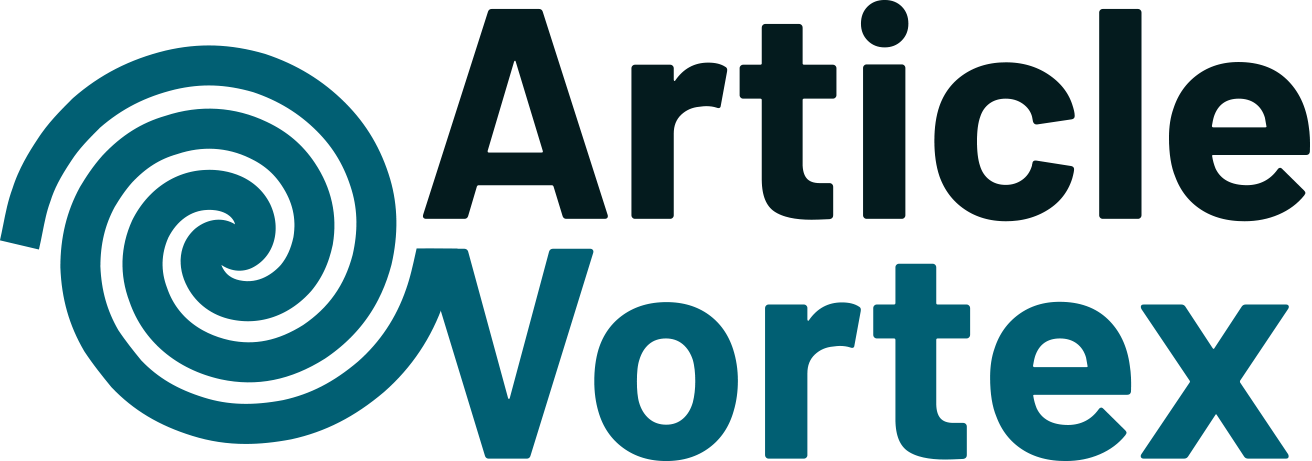Why Language Matters in Medical Care
Clear communication is essential in any healthcare setting, but it becomes even more critical when discussing procedures like cataract surgery. Cataracts are a common condition, especially among older adults, and the decision to undergo surgery requires a full understanding of the risks, benefits, and recovery expectations. For Spanish-speaking patients, having access to doctors who speak their language can make a significant difference in their comfort level and overall health outcomes. When patients understand their diagnosis and treatment plans in their native language, they are more likely to follow medical advice accurately and feel empowered throughout the process.
Healthcare providers who speak Spanish can reduce the risk of miscommunication, which may otherwise lead to errors in medication, consent forms, or post-operative care. For this reason, many medical centers now prioritize offering multilingual services. Spanish-speaking doctors can not only explain the technical aspects of cataract surgery but also provide emotional support, which is often needed when facing any surgical procedure.
How to Find Spanish-Speaking Cataract Surgeons
There are several practical steps you can take to find a qualified cataract surgeon who speaks Spanish. Start by contacting local hospitals and ophthalmology clinics to inquire about bilingual staff. Many facilities list language proficiencies on their websites or can provide this information through their patient services departments. Additionally, insurance providers often have directories filtered by language spoken, which can be useful when searching for in-network doctors.
Here are some tips to help in your search:
- Use healthcare directories with language filters.
- Ask for referrals from community health centers that serve Spanish-speaking populations.
- Check online reviews and testimonials from other Spanish-speaking patients.
- Call the clinic directly and request a consultation with a Spanish-speaking doctor.
These steps can help ensure that you find a professional who not only has the medical qualifications but also provides culturally sensitive care.
Understanding the Cataract Surgery Process
Cataract surgery is a commonly performed procedure that involves removing the cloudy lens of the eye and replacing it with a clear artificial lens. The procedure is typically done on an outpatient basis and has a high success rate. However, understanding each step of the process is key to a smooth experience. Spanish-speaking doctors can explain what to expect before, during, and after the surgery in a way that resonates more effectively with native Spanish speakers.
Key points often explained by doctors include:
- The pre-operative evaluation to determine the severity of the cataract.
- The type of intraocular lens (IOL) that will be used.
- Instructions for the day of surgery, including fasting and transportation.
- Post-operative care, including eye drops and follow-up visits.
With proper communication, patients are more likely to adhere to these guidelines, which can significantly improve recovery outcomes.
Benefits of Culturally Competent Care
Doctors who speak Spanish often provide more than just language support—they also offer cultural understanding that can enhance patient trust and satisfaction. Culturally competent care means recognizing and respecting traditions, health beliefs, and family dynamics that may influence how a patient approaches surgery. For example, some patients may prefer to have a family member present during consultations or may rely on traditional remedies alongside medical treatments.
By acknowledging these preferences, Spanish-speaking cataract surgeons can build stronger relationships with their patients. This not only leads to better communication but also fosters a more welcoming environment. Patients who feel understood are more likely to stay engaged in their healthcare and return for necessary follow-ups.
Preparing for Your First Appointment
Once you’ve found a Spanish-speaking eye doctor, it’s helpful to prepare for your initial visit. Bringing a list of questions and concerns can ensure that you cover all important topics during your consultation. If you’re nervous about the procedure, don’t hesitate to express those feelings. A compassionate doctor will take the time to explain everything in detail and help ease your worries.
Here are some things to bring and ask:
- A list of current medications and any known allergies.
- Medical history, especially any past eye conditions or surgeries.
- Questions about the different types of lenses available.
- Information about insurance coverage and potential out-of-pocket costs.
Being well-prepared can lead to a more productive appointment and set the foundation for a successful surgical experience.
Conclusion: Supporting Spanish-Speaking Patients in Eye Care
Choosing a Spanish-speaking doctor for cataract surgery is an important step toward receiving clear, compassionate, and effective care. For many patients, language access can significantly reduce anxiety and improve understanding of the surgical process. With the growing availability of bilingual healthcare professionals, it’s now more feasible than ever to find a provider who meets both your medical and communication needs. Taking the time to find the right doctor ensures not only a smoother procedure but also peace of mind throughout your care journey.












